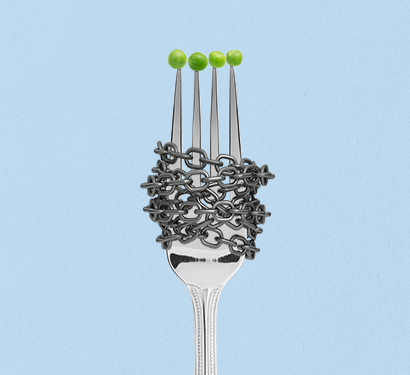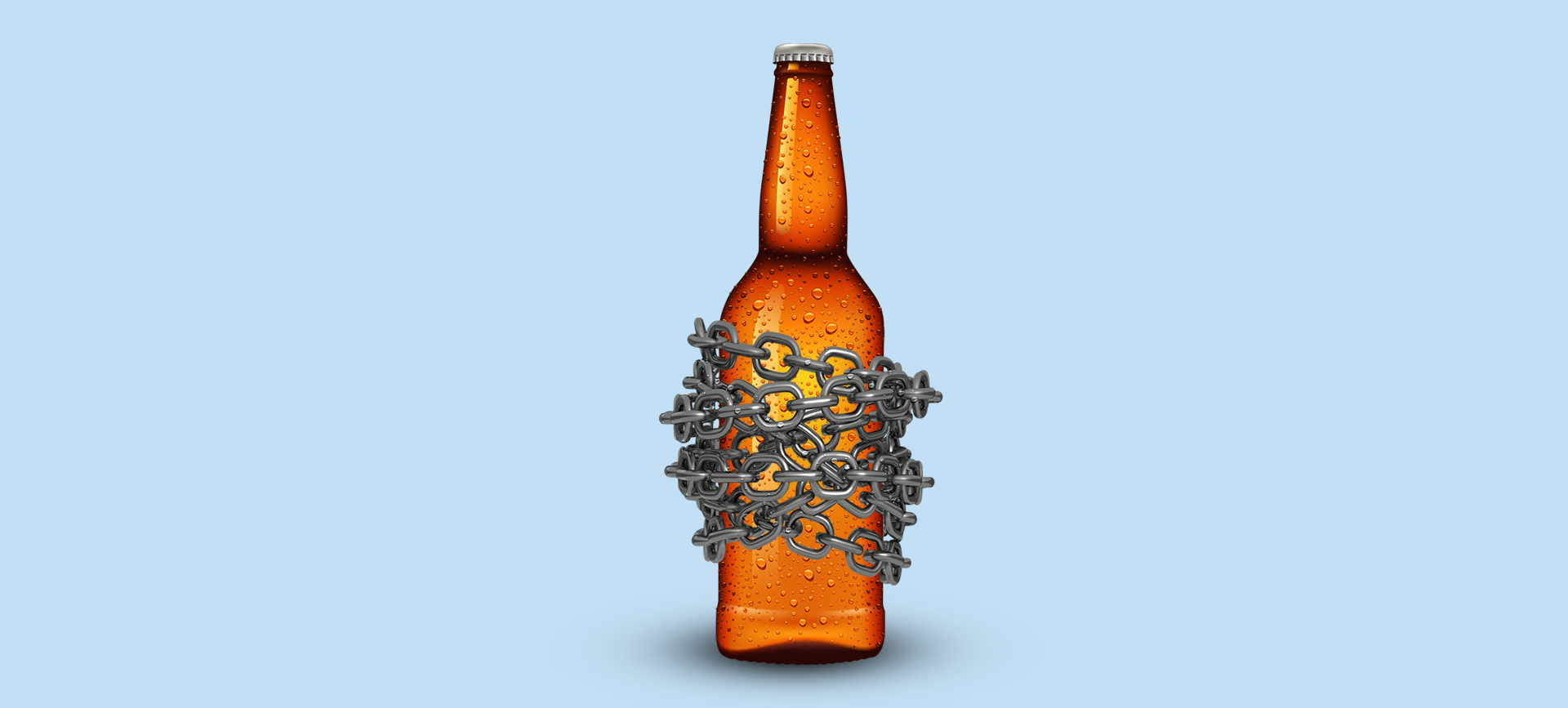Eating disorders include a complex and often life-threatening set of mental health conditions, which involve unhealthy eating habits due to disturbances in an individual's thoughts, behaviors and attitudes toward food and body image. Statistics indicate about 20 million women and 10 million men in the United States have suffered from an eating disorder at some point in their lives, with most eating disorders affecting young women.
The National Eating Disorders Association (NEDA) reports up to half the people with eating disorders also abuse alcohol or illicit drugs—a figure five times higher than the rate of substance use found in the general population. On the flip side, up to 35 percent of those who abused alcohol or were dependent on it also reported having had eating disorders—a rate 11 times higher than that of the broader population.













